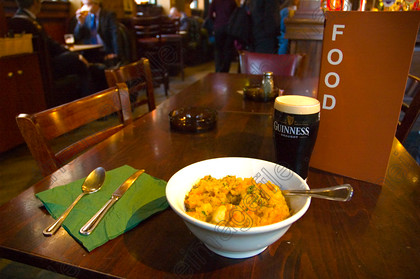The Donegal hospitality and drinks businesses now employs 7,443 people and generate s€168 million in revenue for local tourism economy, a new report has shown.
The report by the Drinks Industry Group of Ireland (DIGI) highlights importance of sector to national and local economies, but warns high excise tax and Brexit are grave threats.
It was commissioned by the Drinks Industry Group of Ireland (DIGI) and authored by Dublin City University economist Anthony Foley.
The report outlines the importance of the drinks and hospitality sector to the overall national economy, and to local economies across the country, particularly in rural Ireland.
However, Ireland’s high alcohol excise tax—the second highest in the EU—is jeopardising the future growth of hospitality and drinks businesses, including those in Donegal, as tourists seek more affordable holiday destinations.
This is particularly the case for British tourists.
A total of 40% of all visitors to Ireland originate from the UK, but a slump in sterling value following the Brexit referendum has already had a significant impact. Between January and March 2017, 55,300 fewer British tourists travelled to Ireland compared to the same period last year.
Commenting, Donegal hotelier Paul Diver, proprietor of Sand House Hotel in Rossnowlagh, said: “The findings of this DIGI report clearly show the huge importance of the hospitality and drinks sector to Donegal’s economy. It supports thousands of jobs and generates millions of euros in revenue for local tourism and suppliers.
“Ireland’s hospitality is a huge draw for tourists. But, with the recent reduction in the value of sterling, we must take action to support the sector and avoid job losses. This requires a reduction in excise tax to make Ireland a better value holiday destination.”
The report was launched today to mark the beginning of Support Your Local 2017, a DIGI campaign that seeks to highlight the economic, cultural and social contributions of local pubs, and calls for a reduction in Ireland’s alcohol excise tax.






